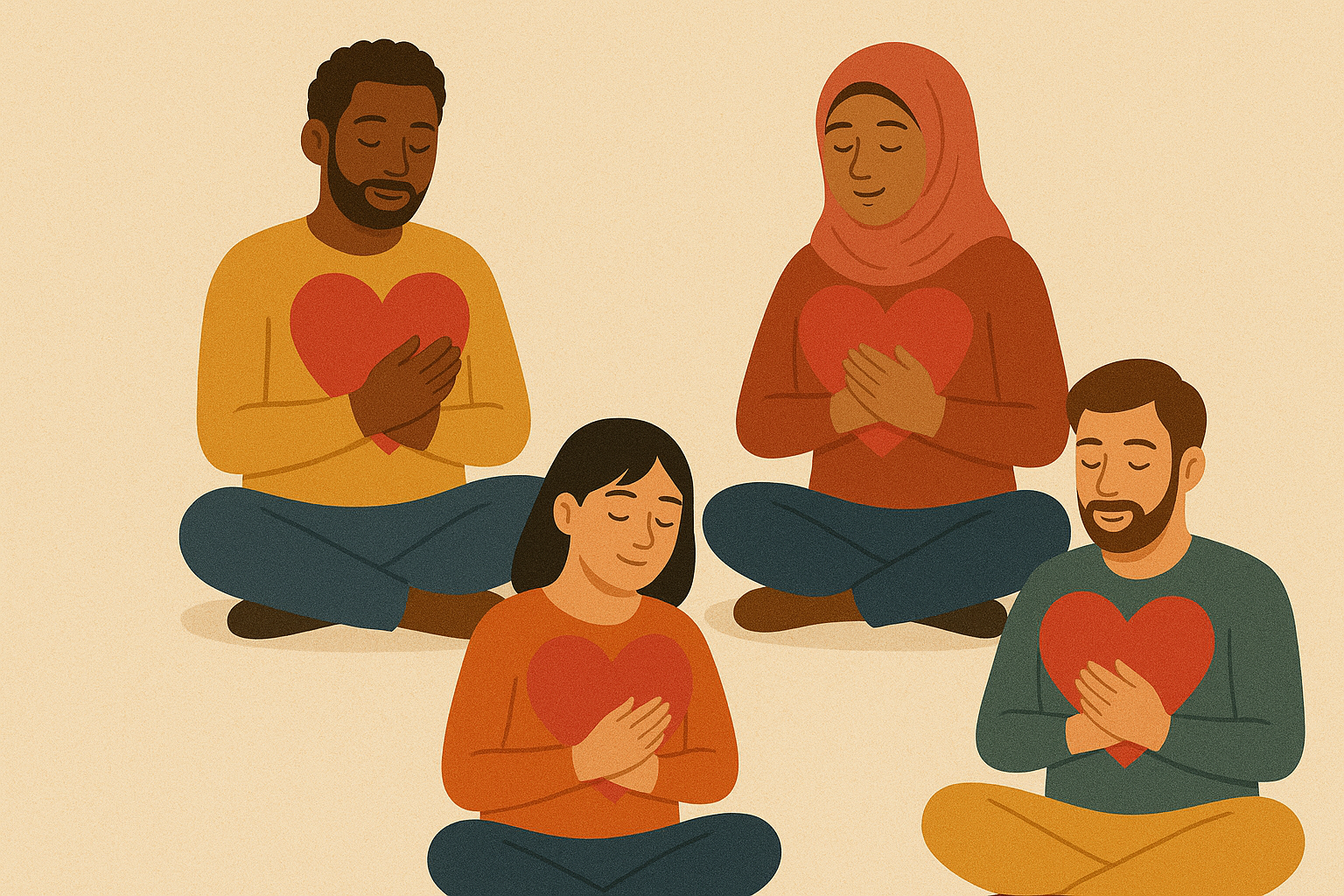bell hooks writes in her book All About Love: New Visions: “Self-love is the foundation of our loving practice. Without it, our other attempts to love fail.”
Throughout the centuries, popular culture developed knowledge about the importance of self-love, which was later taken up by educational systems as one of their guiding principles. However, in recent decades, this crucial value has been pushed aside in schools and even dismissed as selfishness. It is no coincidence that it was a feminist like bell hooks who defended it against the current, since throughout history women have played a key role in advocating for self-love and prioritizing it in education.
bell hooks says “self-love,” not “self-esteem.” She does not fall into the mistake of confusing self-love with self-esteem. They are related concepts, but they are not the same—neither in theory nor in how they are applied in students’ everyday lives. Self-love places greater emphasis on well-being, on caring for oneself, on respect. Self-esteem places greater emphasis on achievements.
Often, students say that their self-esteem grows when they manage to date the most popular person at school—even if it means doing more than they actually wanted to, or later enduring disdainful comments. Someone with self-love does not seek or accept a relationship where there is violence or a lack of respect. Self-esteem can improve life, but sometimes the achievements pursued in its name end up making life worse. At times, self-esteem even leads to valuing or defending the worst relationships—the most violent or disrespectful—and to valuing less, or even attacking, the best ones.
Self-esteem and self-love are both essential in education. But confusing them, and neglecting the accumulated popular wisdom about the importance of self-love, harms students’ lives.
First in Google Scholar in the categories of "Gender Violence" and "Social Impact".


